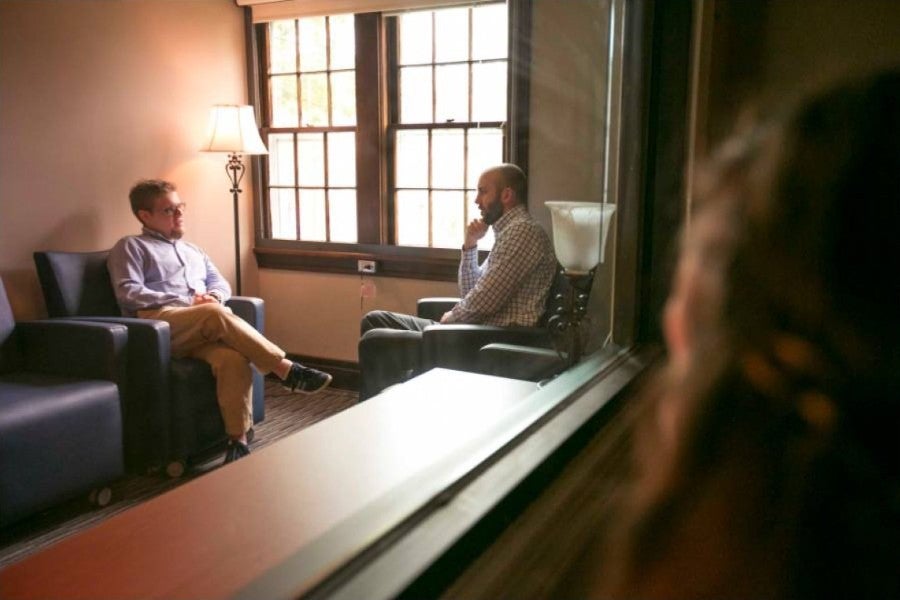Keep mentally, as well as physically, healthy during pandemic
Lipscomb’s counseling faculty and students provide shared experiences for good mental health.
Janel Shoun-Smith | 615.966.7078 |

As the nation adjusts to working remotely and schools have moved online, feelings of fear, anxiety and hopelessness have become prevalent among individuals and families who are trying to adapt to their new reality.
The Lipscomb Department of Psychology, Counseling and Family Science, the College of Education and the Counseling Center have offered a number of tips and resources throughout the past few weeks to help people navigate these uncharted waters.
MANAGING ISOLATION: Justin Briggs, assistant professor and clinical director of the Lipscomb Family Therapy Center, offers suggestions for individuals and families to stay emotionally healthy and resilient. For more ideas check out his blog at https://www.jgregorybriggs.com/blog-archive.
KEEPING ORGANIZED: One of the most important things many of us have lost during the pandemic is the organizing functions of our time. We must now construct that organization for ourselves, says Chris Gonzelez, director of the marriage and family therapy program. Check out his blog at https://www.drchrisgonzalez.com/new-blog.
NEW HOBBIES: The College of Education provides links to free resources encouraging exercise, mindfulness, creativity, creating a routine, keeping the mind sharp, volunteering and cultural opportunities.
FIGHTING DEPRESSION: As part of its suicide prevention education campaign, Lipscomb’s Counseling Center created a video highlighting one student’s journey with depression. The video can be accessed here and shared with anyone who feels alone.
ADVOCACY FOR THE ISOLATED: Denis’ Thomas, associate professor of psychology ,and three mental health counseling students put together an online resource page for those struggling with depression, loneliness, suicidal thoughts and other mental health issues. Read more about how the students developed the site to fight the isolation of the current pandemic. Goto advocacyforisolated.org to access the recommended resources and information.